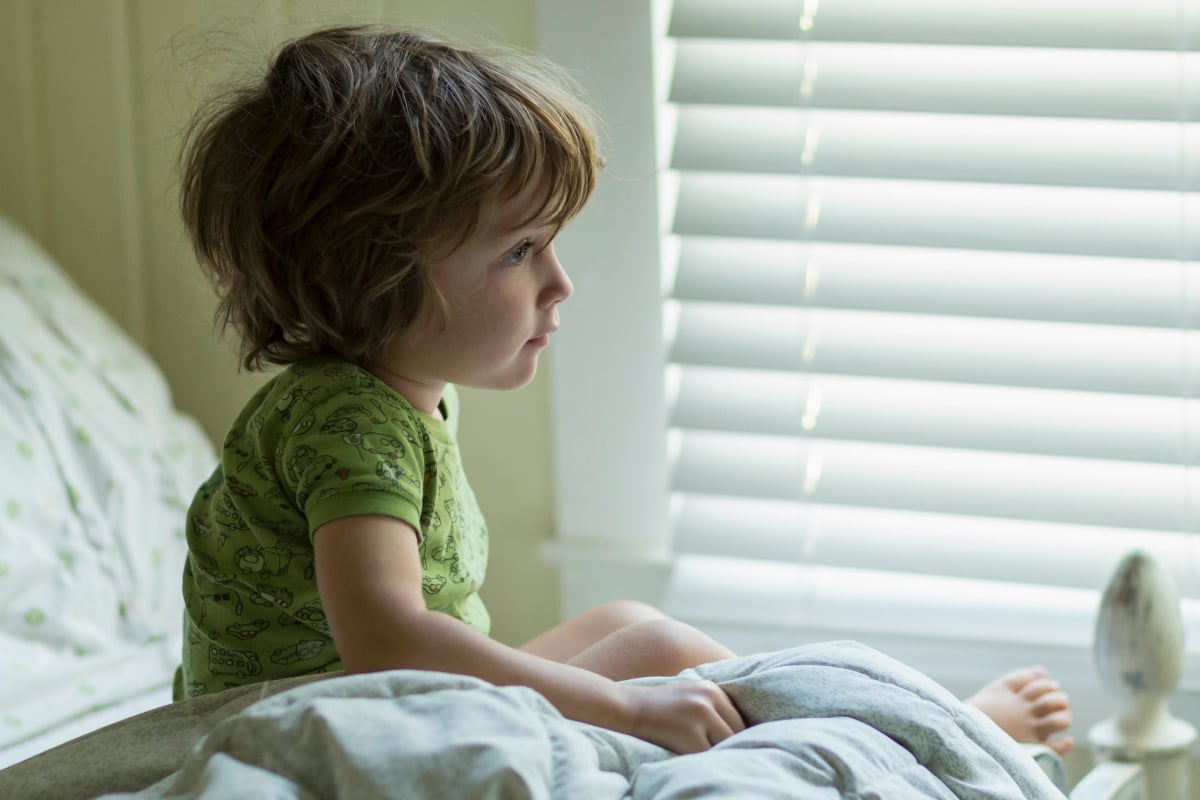
As many parents who need to put a young child to bed at night would know, the struggle is real.
But don’t just take an exhausted mum or dad’s word for it; according to Flinder’s University sleep experts, up to 67 percent of kids aged 18 months to four years take more than 30 minutes to fall asleep – and 18 percent take more than an hour.
Ugh, those poor parents. From controlled crying (of both parents and kids) to medications, parents are trying everything to address the challenge repeating itself in homes every night around Australia.
But luckily, there’s been new research into a different sort of sleep technique: ‘bedtime fading.’
Bedtime fading is when a child is put to bed only when they feel naturally tired – not in accordance with the clock. The theory is that children then fall asleep easily and quickly, because they are ready to sleep – and there hasn’t been an hour of effort put into it beforehand.
Once the drama’s been removed, parents can begin introducing an earlier – and more acceptable for them – bedtime.
The new trial for bedtime fading by Flinders University’s Child and Adolescent Sleep Clinic, and published in the journal Sleep Medicine, included 21 children aged between 18 months and four-years-old.
Families in the study reported significant improvements in time it took to fall asleep, the number of bedtime tantrums, and how often kids woke overnight – as soon as bedtime fading was implemented.

Top Comments
Right, so you’re suggesting we ignore the evidence based sleep training in favour of outdated opinion? And if what this women says doesn’t work, it’s because the parents aren’t confident enough? Cool cool cool. Glad we cleared that up: anxious parents are doomed and science can’t be trusted.